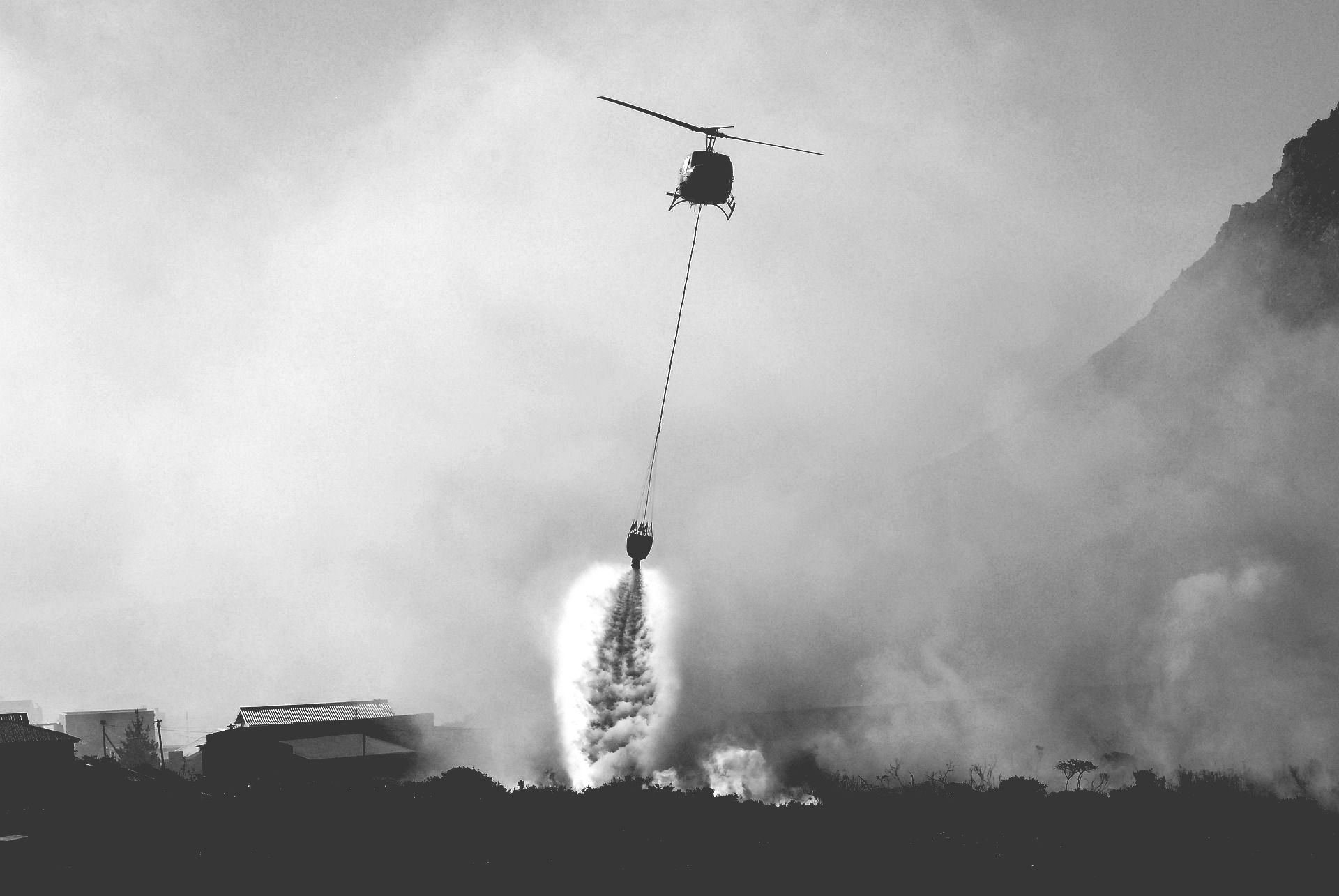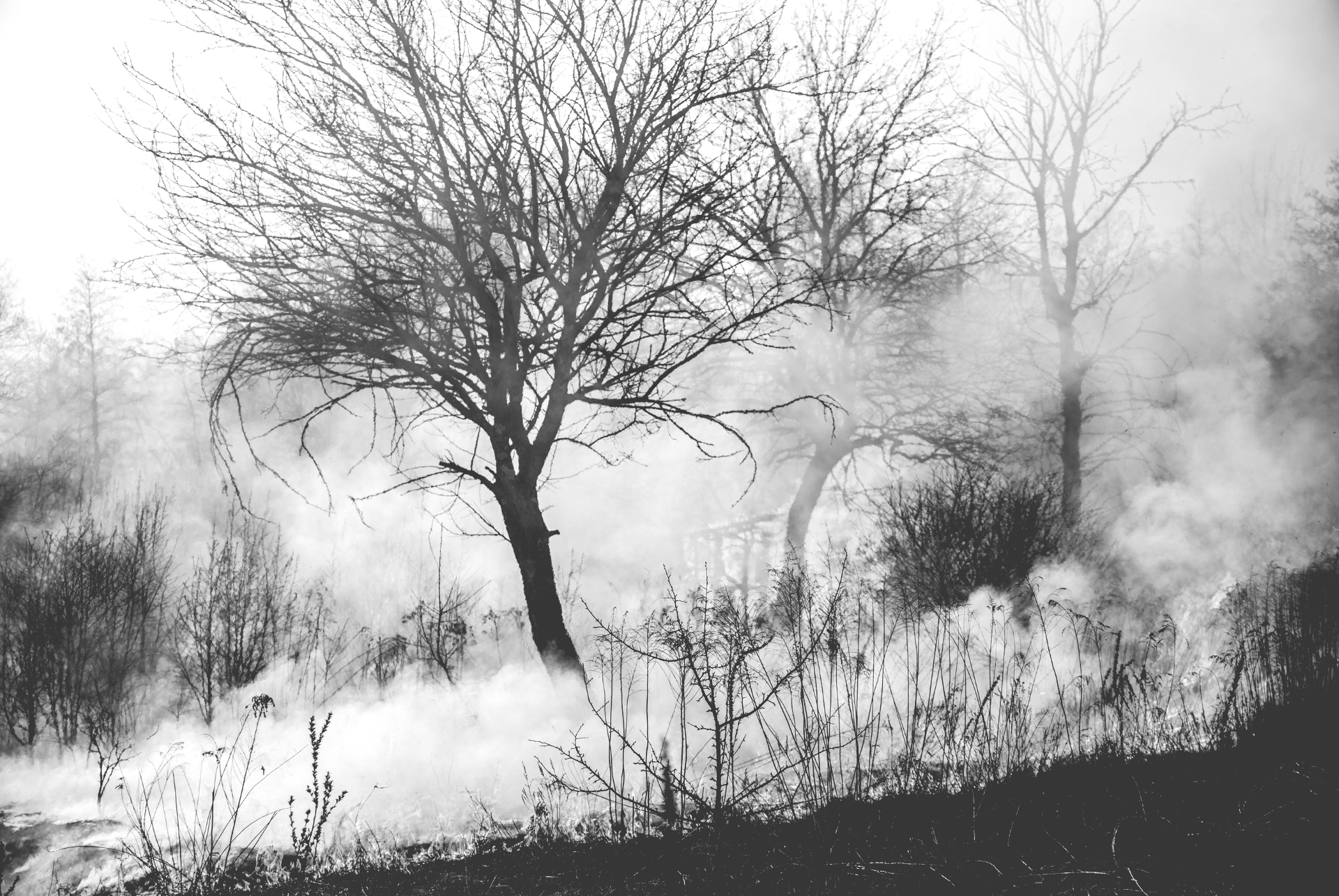Fla. Surgeon Agrees to Pay $4m in Whistleblower Settlement
A Florida surgeon who owns and operates one of the country’s leading centers to treat hyperparathyroidism will pay $4 million to settle a whistleblower lawsuit accusing him of double-billing federal healthcare programs.

The healthcare fraud lawsuit accused Dr. James Norman and the Norman Parathyroid Center in Tampa, Fla. of billing Medicare, TriCare (insurance for military personnel), and the Federal Employee Health Benefits Program for pre-operative surgical exams that Norman allegedly knew the insurers covered as part of the surgery reimbursement, the Tampa Bay Business Journal reported. The time period covered in the whistleblower settlement is April 2008 through December 2016.
Norman was also accused of charging and collecting additional fees—$150 to $750 for Florida residents and $1,750 or more for out-of-state patients—for services for which he had already been reimbursed by the government. According to the Department of Justice, Norman and his practice made hundreds of thousands of dollars by submitting false claims.
Myra and David Gross, the couple who filed the lawsuit in 2014, will receive about $600,000 of the $4 million whistleblower settlement. The Grosses filed their case under the qui tam provisions of the False Claims Act, which allows private citizens—known as whistleblowers—to sue a person or company believed to have committed significant violations of a fraudulent or criminal nature in a contract with the government, according to Law.com.
The site explains that “Qui tam suits are brought for ‘the government as well as the plaintiff.’ In a qui tam action, the plaintiff (the person bringing the suit) will be entitled to a percentage of the recovery of the penalty (which may include large amounts for breach of contract) as a reward for exposing the wrongdoing and recovering funds for the government.
“Sometimes the federal or state government will intervene and become a party to the suit in order to guarantee success and be part of any negotiations and conduct of the case,” it adds.
In addition to the $4 million, the settlement calls for Norman to enter into an integrity agreement with the Inspector General of the U.S. Department of Health and Human Services.
According to the federal agency, integrity agreements typically last for five years and require a medical practice to do the following:
- Appoint a compliance officer who must develop written standards and policies;
- Implement an employee training program;
- Retain an independent review organization to conduct an annual audit;
- Establish a confidential disclosure program;
- Restrict employment of ineligible persons;
- Report overpayments, reportable events, and ongoing investigations/legal proceedings; and
- Provide an implementation report and annual reports to OIG on the status of the entity’s compliance activities.
Special Agent in Charge Shimon R. Richmond of the Office of the Inspector General warned that “physicians who systematically over-bill federal health care programs and their vulnerable patients” will be held responsible.
“Those who engage in such schemes can expect a thorough investigation and strong remedial measures such as those in the integrity agreement we signed with Dr. Norman,” said Richmond.
On the Norman Parathyroid Center website, “Norman claims to have invented minimally invasive parathyroid surgery in the 1990s and says he is the world’s most experienced parathyroid surgeon, with more than 21,000 operations performed,” Law 360 reported.
The tiny parathyroid glands, located near the thyroid gland in the neck, produce the parathyroid hormone which helps control the amount of calcium circulating in the body.
Parathyroid surgery is performed on patients with hyperparathyroidism, which is often caused by a benign growth in one of the four parathyroid glands in the neck.
If the parathyroid gland overproduces parathyroid hormones it can lead to high levels of calcium and parathyroid hormone in the blood, resulting in problems with the nervous system, the kidneys, the digestive system as well as musculoskeletal issues.
If you believe you have witnessed fraud committed against the government such as health care fraud, you may qualify to file a whistleblower lawsuit. Learn more by filling out the form on this page.



Quick Links
All Rights Reserved



